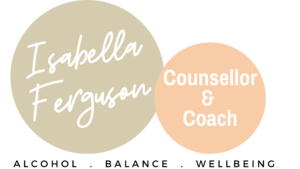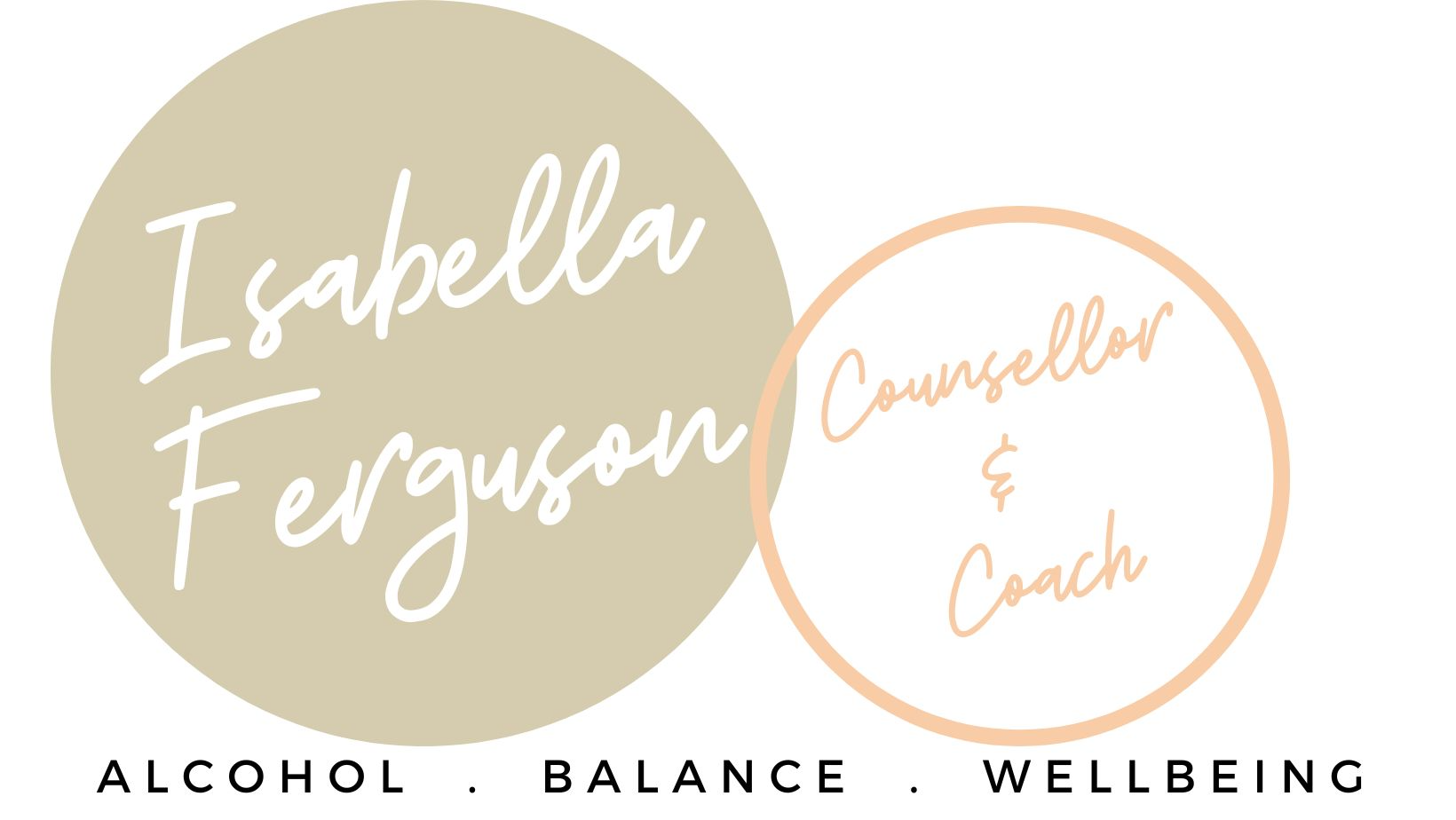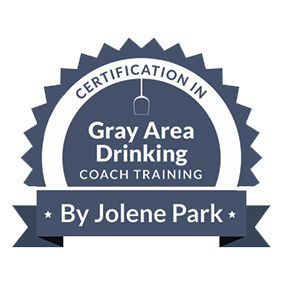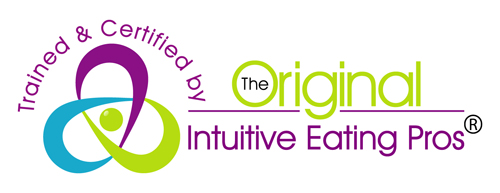Embracing the Benefits of an Alcohol Coach with Lived Experience
Embarking on a journey to drink less alcohol or to overcome problematic drinking is a courageous step towards reclaiming control over your life and well-being. While this path may seem daunting, it’s important to remember that you’re not alone in your struggle. Engaging an alcohol coach who has lived experience with problematic drinking can provide unique and invaluable benefits that go beyond conventional approaches. This blog delves into the reasons why a coach with lived experience can be a game-changer on your path to ditching the booze.
- Empathy and Understanding
One of the most significant advantages of having an alcohol coach with lived experience is the deep empathy and understanding they bring to the table. This coach has personally walked the path of overcoming problematic drinking, allowing them to connect with your journey on a level that a traditional coach might not be able to. Their empathy is not just from a theoretical standpoint, it’s rooted in their own struggles, successes, and setbacks, making their support more relatable and authentic.
- Reduced Stigma
Unfortunately, societal stigma around addiction and mental health challenges still exists. Engaging with an alcohol coach who has faced similar struggles reduces the sense of isolation and shame that you might feel. This normalisation of the recovery process helps break down barriers to seeking help and encourages a more open dialogue about mental well-being.
- Real-World and Relatable Strategies
While conventional alcohol coaches and counsellors possess theoretical knowledge about recovery strategies, a coach with lived experience can provide you with real-world strategies that have worked for them. They’ve tested and refined these strategies in their own lives, giving them firsthand knowledge of what works and what doesn’t. This practical advice can be invaluable, as it’s tailored to the realities of overcoming the challenges you’re facing.
The path to quitting alcohol is not a one-size-fits-all journey, and what works for one person might not work for another. A coach with lived experience brings a toolbox of relatable strategies that have worked for them personally. They can offer practical advice that goes beyond generic recommendations, tailoring their guidance to the individual’s unique circumstances. This targeted approach increases the likelihood of success and helps clients navigate challenges more effectively.
- Personalised Guidance
An alcohol coach who has battled problematic drinking understands that recovery is not a one-size-fits-all journey. Their guidance is personalized to your specific needs, triggers, and goals. They can help you navigate the complexities of your individual situation, making adjustments and recommendations based on their own experiences. This individualised approach can lead to more effective results and a higher likelihood of sustaining your progress over the long term.
- Inspiring Hope and Resilience
Witnessing someone who has triumphed over their own struggles with problematic drinking can serve as a beacon of hope and inspiration. A coach with lived experience embodies the possibility of change, demonstrating that recovery is achievable even in the face of adversity. Their story of resilience can motivate you during challenging moments and remind you that you’re capable of achieving the same transformation.
- Building Trust and Rapport
Establishing trust and rapport with a coach is essential for a successful coaching relationship. A coach who shares their own journey of recovery fosters a sense of authenticity and transparency. This openness can create a safe space for you to share your thoughts, fears, and setbacks without judgment. Knowing that your coach has faced similar struggles can help you feel understood and accepted, enhancing the effectiveness of the coaching process.
Conclusion
Engaging an alcohol coach with lived experience of problematic drinking can be a transformative step on your journey towards reaching your drinking less goals. Their empathy, real-world strategies, personalised guidance, inspirational story, and ability to build trust all contribute to a coaching relationship that goes beyond the ordinary. Remember, you deserve all the support and resources available to overcome problematic drinking and lead a healthier, happier life. Embrace the benefits of a coach who not only understands your journey but has walked the path themselves.
The decision to seek help for problematic drinking is a courageous one, and having an alcohol coach with lived experience by your side can be a game-changer. Their empathy, relatable strategies, authentic inspiration, personalised support, and ongoing assistance create a comprehensive support system that propels individuals toward lasting recovery.
The bond formed with a coach who has walked the same path serves as a reminder that transformation is not only possible but within reach. Remember, you’re never alone in your journey towards better mental and emotional health.
Let me support you
One of the most rewarding things that I have done in my life is to have quit alcohol. It was incredibly challenging at times. However it was and is worth it. Once I became alcohol-free opportunities opened and life just felt easier and happier. It is now my pleasure to guide others through this process.






